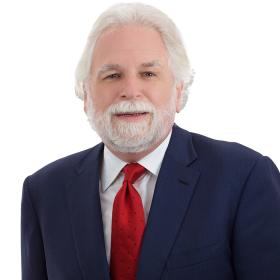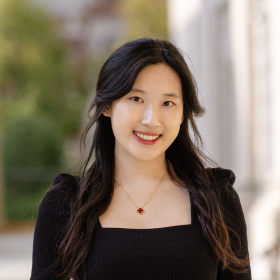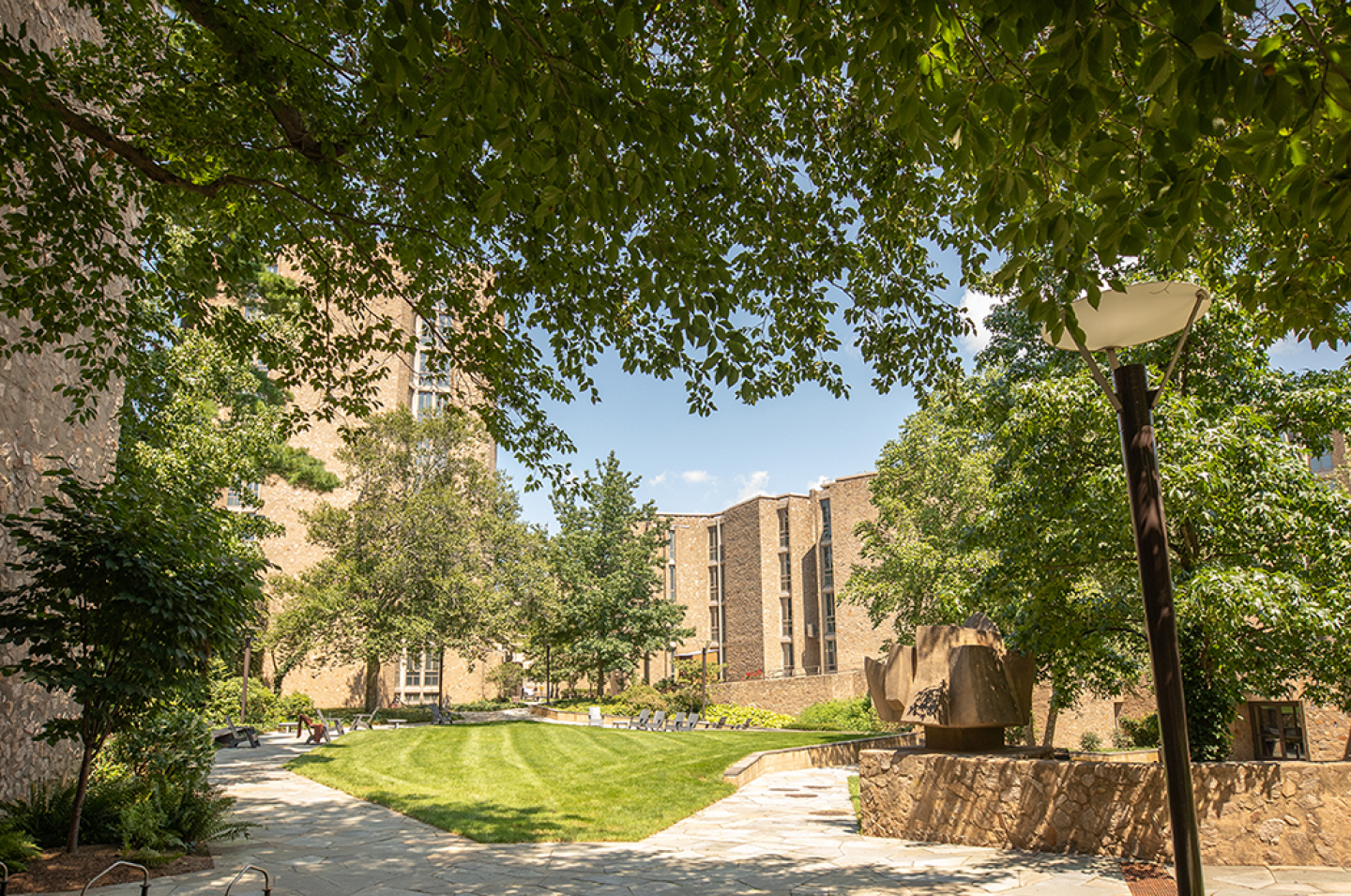When Sabrina Guo ES ’27 was named the Randy M. Mastro Scholar, she decided to look up Randy Mastro ’78, her scholarship’s namesake. Through giving to the Yale Alumni Fund, Mastro had created a Nathan Hale Associates Scholarship, which Guo was awarded as part of her financial aid package. Guo discovered that the two had much in common, from a shared interest in shaping public policy to their residential college of Ezra Stiles—so she reached out. The two quickly bonded.
Recently, Yale’s Office of Development caught up with both of them. The interview below has been edited for length and clarity.




Yale: Randy, what motivated you to create a Nathan Hale Associates scholarship?
Randy Mastro: Yale was very good to me. It’s an amazing place, and I was honored to attend as an undergraduate. I knew that when I reached a point in life where I could afford it, I wanted to give back so others could have the same opportunity that I had. I didn’t grow up in a wealthy family, but my father was a college professor, so my tuition at Yale was covered. I felt that creating this scholarship was an important thing to do for future generations. And as Sabrina demonstrates, the quality of the student body today is even more extraordinary than it was when I was there.




Yale: Sabrina, what has the scholarship made possible for you?
Sabrina Guo: It has helped defray the cost of tuition and living expenses. I have also been able to dedicate more time to my studies, take on leadership roles, and engage in fellowships and internships that I believe will shape my future career. Beyond the scholarship support, it has connected me to a wider Yale network, which feels like a family.
Yale: How did you two initially connect?
SG: I remember opening the email from the Yale College Alumni Fund and learning about Randy’s background—it felt like our interests intersected superbly. I reached out to Randy, and we met over Zoom. Our connection deepened from there, as we chatted about shared interests in public service, law, and our experiences at Yale. I’m so inspired by Randy and extremely grateful for his mentorship. Our conversations have been incredibly enriching, and his insights into the legal profession and public service have been invaluable. He has provided guidance on everything from course selections to career planning, and his encouragement has played a significant role in my confidence and the trajectory of my career path moving forward.
RM: Sabrina is incredibly impressive. She reached out, and we became fast friends. She’s accomplished so much already. I wish in a lifetime I could say I had a biography like she already has. I’m just thrilled to support her as she continues her journey.
Yale: Randy, did you plan to pursue law when you were at Yale?
RM: Initially, I thought I’d go into journalism. I was an editor of the Yale Daily News. Eventually, I realized that as a lawyer, I would be able to influence a lot of the same things that drew me to journalism—social issues and public policy. So it was a pretty natural transition from journalist to lawyer.
I think the law is a wonderful platform for opening up horizons. It’s a way of thinking, it’s a discipline, it’s a profession; for me, it’s a calling. It gives you communication skills and confidence in your ability to present, convince, and compel. And Sabrina seems to have that already.
SG: That’s fascinating to hear, because journalism is what inspired me to pursue law in the first place and to engage in nonprofit and advocacy work. When I was in high school, I wrote for my local newspaper and received international and national awards for my pieces. I’ve interviewed young Syrian artists at a refugee camp in Jordan, and utilizing storytelling to amplify the voices of marginalized yet resilient youth and individuals is part of what sparked my interest in a law career.
Writing continues to be a driving force in my life. I’m currently a national writing judge for the Scholastic Art and Writing Awards and an editorial intern for the Yale Law Journal, and I’ve worked for the Yale Journal for Health Policy, Law, and Ethics, Yale Historical Review, The Beacon, and the Yale Literary Magazine.
Yale: What do you each find most inspiring about Yale?
SG: Yale is such a welcoming community. It helps you become the best version of yourself—not in a competitive way, but in a collaborative, collective way. And Yale really cultivates the relationships between peers and with mentors.
There are so many things to do on campus, so many niche interests, so many people who are skilled in different things, that it’s sometimes difficult to choose what to do. You’re afraid you’ll miss something while you’re here, because the four years fly by so quickly. But that’s the beauty of it. It’s such a diverse, vibrant community.
In many ways, Randy feels like a family member to me. If you saw us walking by on the street, you might assume we have nothing in common. But that couldn’t be further from the truth. Our bond reflects the power of humanity—which is at the heart of the For Humanity campaign. It’s a testament to the Yale experience, too: the life-long connections and friendships that transcend surface-level differences. I find that to be a truly empowering revelation.
RM: It’s great to see Sabrina and other people going to Yale achieving their dreams and developing the careers they want to have.
I found Yale to be an amazing place in its diversity. I got involved in activities I didn’t expect to, like a capella singing. Yale’s offerings and the student body have both become more diverse since I was there, to the benefit of its students and alumni.
Being a Yale alum is something that stays with you throughout your life. Not just as a credential, but because Yale has such a profound impact on the person you become. As Sabrina said, it challenges you to become the best person you can be. And Sabrina exemplifies that—she’s taking advantage of everything Yale has to offer. And that’s just great to see.
